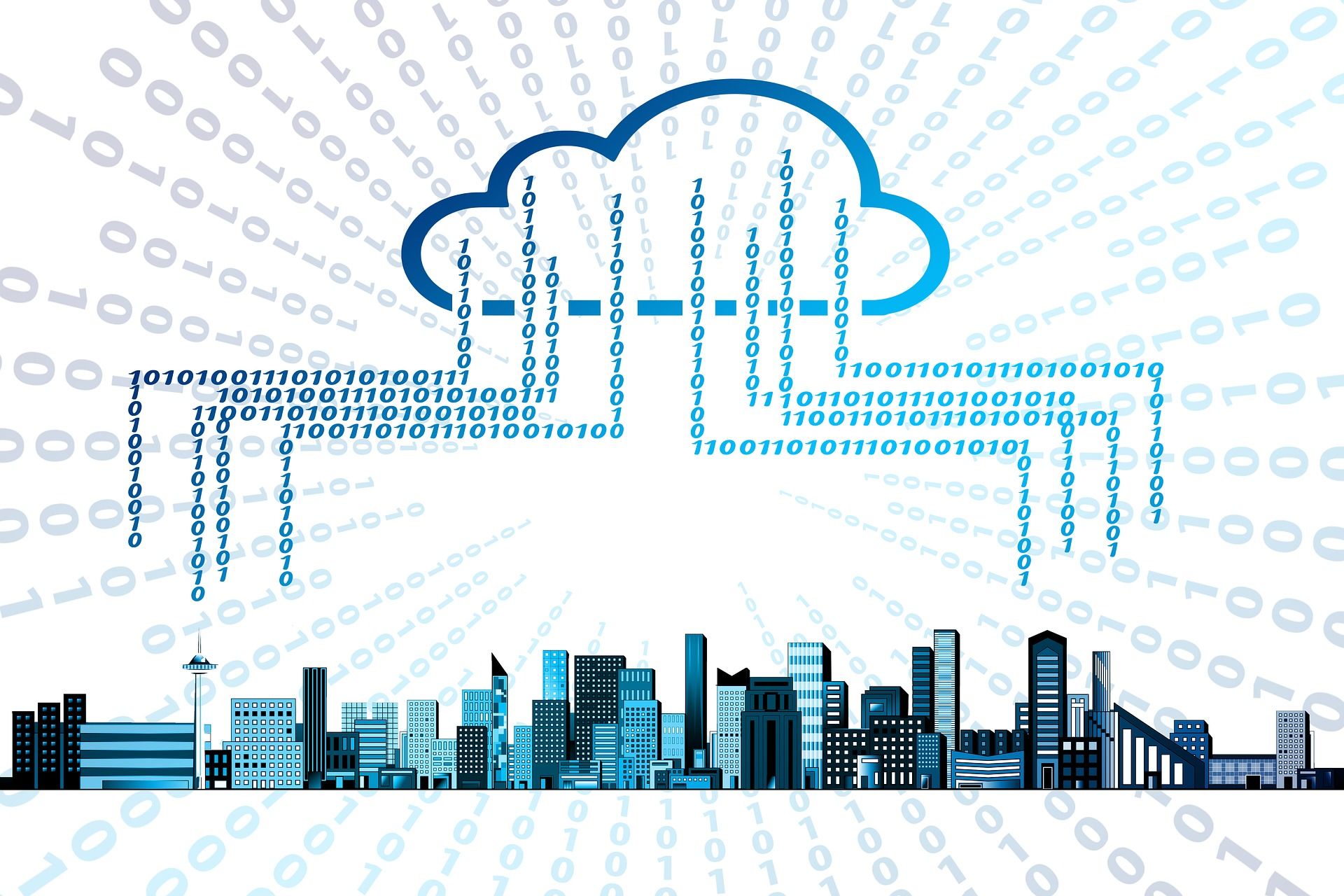It's convenient to store data in the cloud. By doing so, you can access your files from almost anywhere. You can also use cloud storage as a backup in case of a hardware failure.
Considering the benefits of this type of storage, almost everyone stockpiles some form of data in the cloud, including some of the services you use regularly.
But, how secure is your data when stored this way? How do service providers ensure data security? Can you take any action to improve security from your end? Let's find out.
Cloud Providers Use Robust Security Measures to Protect Your Data
Compared to the insecure storage of some personal computers, cloud storage providers go to great lengths to ensure that your data remains safe and private. While an individual may not enforce extensive security measures to protect sensitive information, cloud providers constantly work around the clock to keep your files safe. Despite some people not trusting these providers with sensitive information, data is often safer when stored in the cloud than on your laptop's hard drive.
But, if you've done your research, you'll know how important certain factors are when choosing a cloud storage service. So make sure you are considering the best options when your data is at stake.
It's also interesting to understand how cloud-based providers protect data. Let's look at some of the ways they accomplish this feat to find out what makes these providers better than other data storage methods.
Redundancy

The most significant advantage of the cloud is redundancy. Once the data is in the cloud, you may never encounter data loss. Technically, the back-end of a cloud server can suffer a hardware failure. However, cloud servers usually duplicate data across a variety of locations. So, unless it's the end of the world, it is likely that your data is safe.
While you can also choose to configure a storage setup with redundancy for your system, these setups take a lot of time and effort to maintain.
Regular Security Updates
Another way services keep your information safe is via regular server updates. Cloud providers often have a dedicated team that constantly monitors and installs the latest security fixes. These updates are often reviewed and tested many times before they are applied to ensure that the system won't incur avoidable downtime.
Conversely, individual users might skip essential security fixes, or they may have to wait for a vendor to issue a patch if a problem pops up.
Third-Party Audits

Most cloud providers hire a cybersecurity firm or experts to audit their services regularly. This way, they get alerted about any security loopholes that need immediate repair.
And, even if there are no critical issues, a third-party consultation always gives a fresh perspective to the provider's system security. During these audits, the third party offers suggestions to enhance existing security measures.
Access Control Systems
The people who can examine your data are also an important factor here. While a rogue employee may try to steal or delete information, the chances of that happening are low when using the cloud.
For most cloud storage providers, robust access control systems limit the employees who can manipulate your files. And most providers cannot view your data—even if you explicitly permit them to do so.
Additionally, almost all cloud providers have a tailored system to prevent unauthorized employee access to customer data.
Security Monitoring Systems

Cloud providers also use several automated monitors to help detect anomalies. For example, if a hacker were to break in, the security system responds by notifying a dedicated security team that there is a problem.
This type of automated monitoring is something you cannot do easily on your personal computer. Some antivirus apps have these features built-in, but you'll also need to know what red flags to look for and how to resolve issues that are in progress.
AI-Powered Tools
Some security monitoring systems often possess AI (artificial intelligence) tools that quickly identify fundamental security issues. But, unfortunately, you may not get these same features when using something like an antivirus app on your computer.
These types of tools are not just for enhanced protection. They also complement the effort of the security team.
Firewalls for a Secure Network

Cloud providers have advanced firewalls in place to prevent unauthorized access to their networks.
These firewalls make it difficult for an attacker to affect your files with malware. In addition, firewalls protect those who might not have a secure network connection.
Physical Security
Security isn't limited to only software measures of the network. Most cloud providers have solid physical security measures in place as well.
It is not easy to break into a data center and hack the servers, even though it may look easy in the movies.
Server-Side Encryption

Many cloud storage providers offer end-to-end encryption by default, so your data is kept encrypted after you upload it to the cloud.
But, end-to-end cloud encryption should not be confused with client-side encryption. This security measure happens at the server end. So, even if you haven't encrypted your files locally, the cloud keeps your data protected.
How to Secure Your Data Before it Goes to the Cloud
There are a few things that you can do to secure your data—for instance, enabling two-factor authentication and encrypting your files before uploading.
You can go through our cloud protection tips to explore other actions you can take to secure data before shipping it off to cloud storage.
Your Data Is Safe With the Cloud
Overall, you can trust the cloud with your data. However, there are caveats with everything.
You must ensure that you have done enough background research to evaluate your provider's security measures before handing over sensitive information. After all, not every cloud service is reputable.
But cloud services are often less expensive and less time-consuming to configure versus setting up a local security server. That said, while the cloud isn't always perfect, it does provide many benefits that users can't get when storing their data locally.
0 Comments